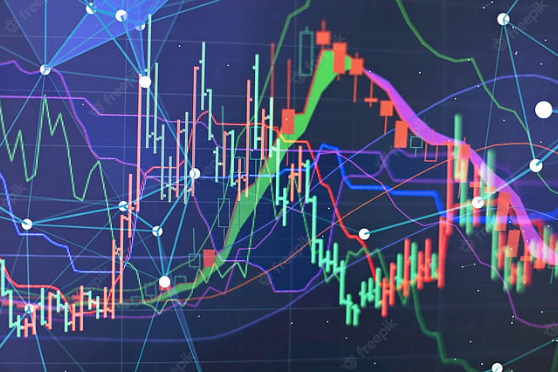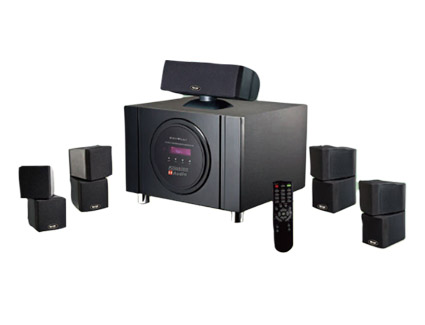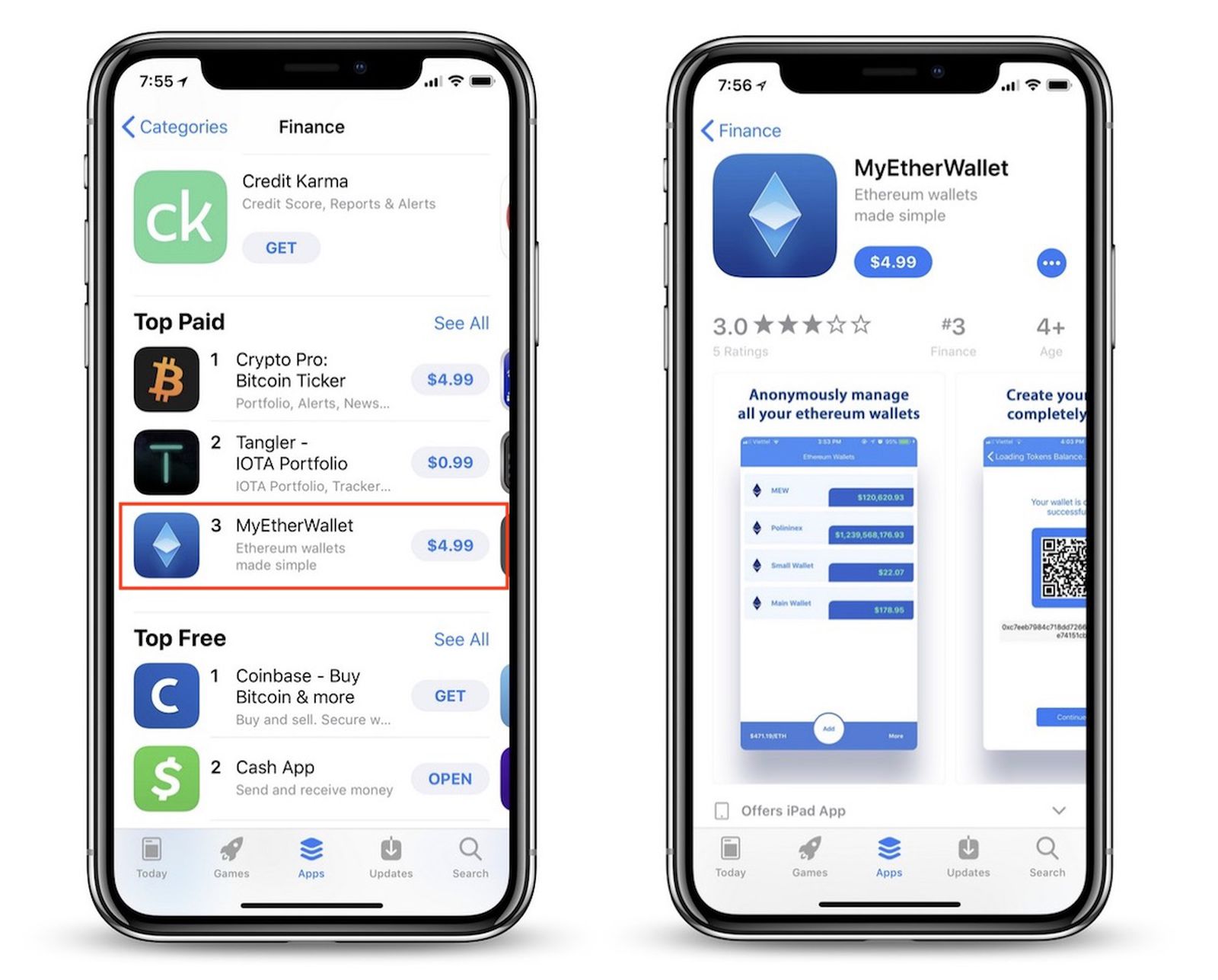Contract for Difference (CFD) brokers play a significant role in modern financial markets, providing traders with a versatile tool for speculating on various assets without owning them outright. Here’s what you need to know about cfd broker and how they operate.
1. What are CFDs?
CFDs are derivative contracts that allow traders to speculate on the price movements of various assets, such as stocks, commodities, currencies, and indices, without actually owning the underlying asset. Instead, traders enter into an agreement with a broker to exchange the difference in the asset’s price between the opening and closing of the contract.
2. Role of CFD Brokers
CFD brokers serve as intermediaries between traders and the financial markets. They provide a platform for traders to access CFDs and execute trades. Additionally, CFD brokers offer various services, including market analysis, trading tools, and leverage, to help traders make informed decisions and manage their positions effectively.
3. Key Features of CFD Trading
– Leverage: CFDs allow traders to amplify their exposure to the market by using leverage. While leverage can magnify profits, it also increases the potential for losses.
– Short Selling: Unlike traditional investing, CFD trading enables traders to profit from both rising and falling markets. This is achieved through short selling, where traders sell CFDs they don’t own with the expectation of buying them back at a lower price.
– Diverse Asset Classes: CFD brokers offer a wide range of assets for trading, including stocks, commodities, currencies, cryptocurrencies, and indices, providing ample opportunities for diversification.
– Risk Management Tools: To help traders mitigate risks, CFD brokers offer various risk management tools such as stop-loss orders, limit orders, and guaranteed stop-loss orders.
4. Regulation and Security
Regulation of CFD brokers varies across jurisdictions, with some regions imposing strict regulatory requirements to protect traders’ interests. It’s crucial for traders to choose a regulated CFD broker to ensure transparency, security of funds, and adherence to best practices.
In conclusion, CFD brokers play a vital role in facilitating access to the financial markets for traders worldwide. Understanding how CFDs work and the services offered by brokers is essential for navigating the complexities of CFD trading effectively.



